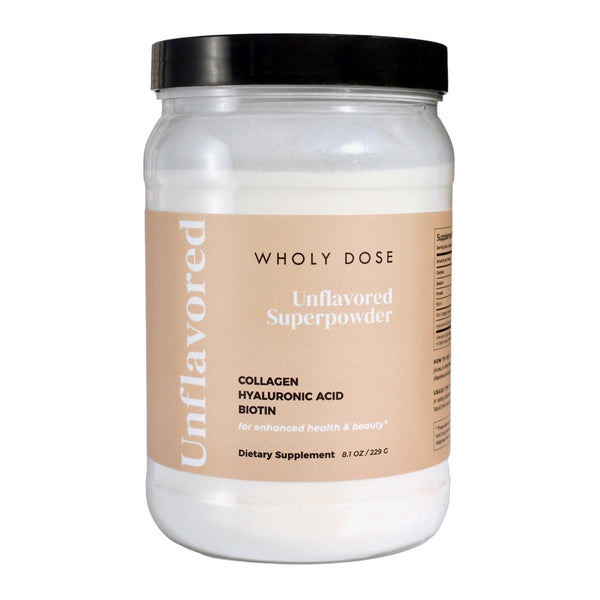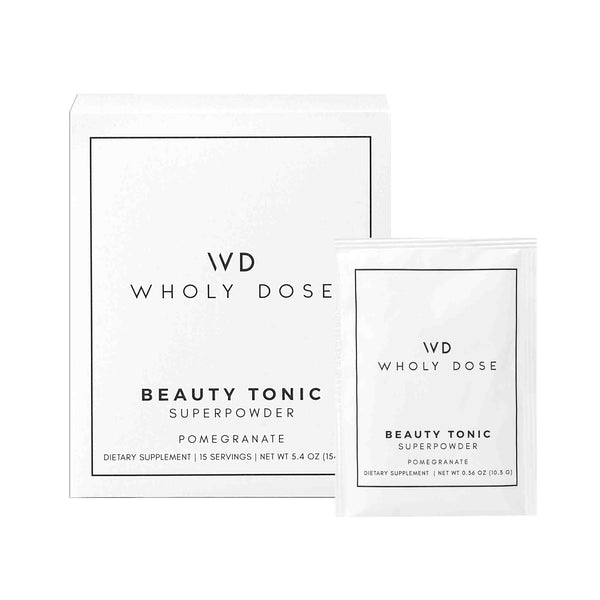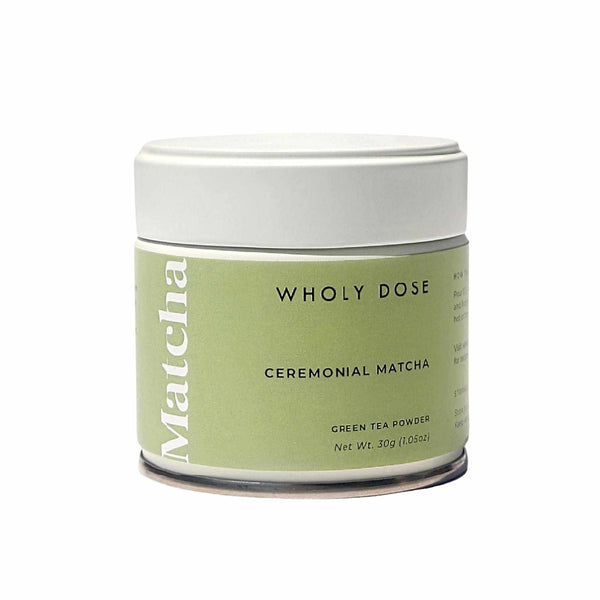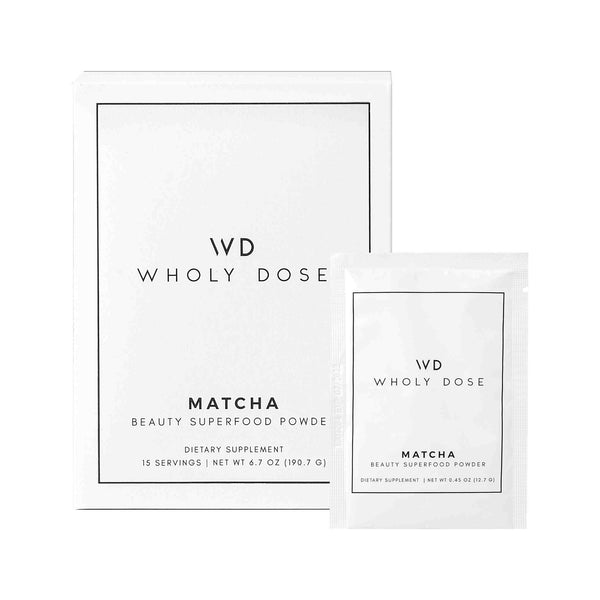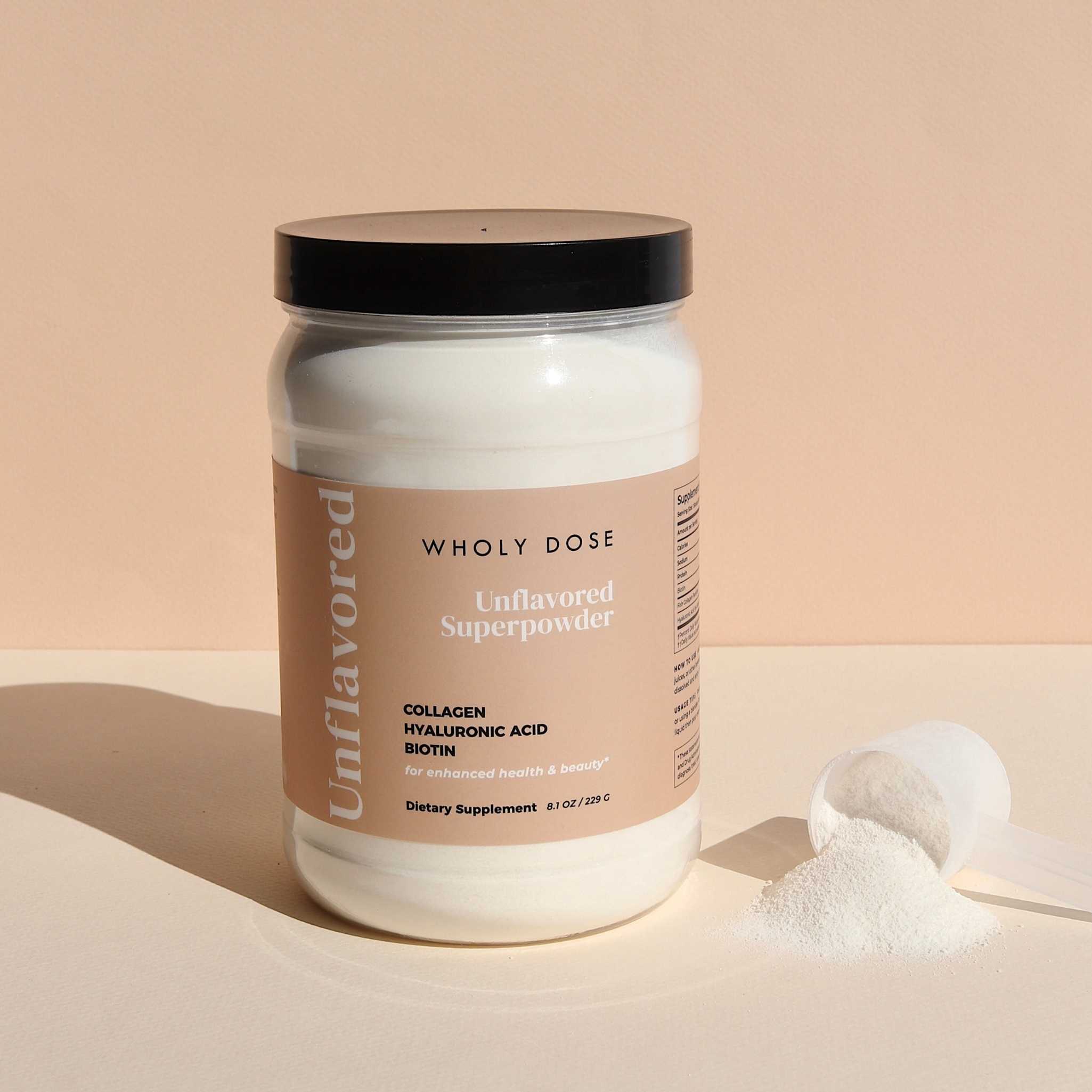
How to Take Biotin for Hair Growth, With Before & After Photos
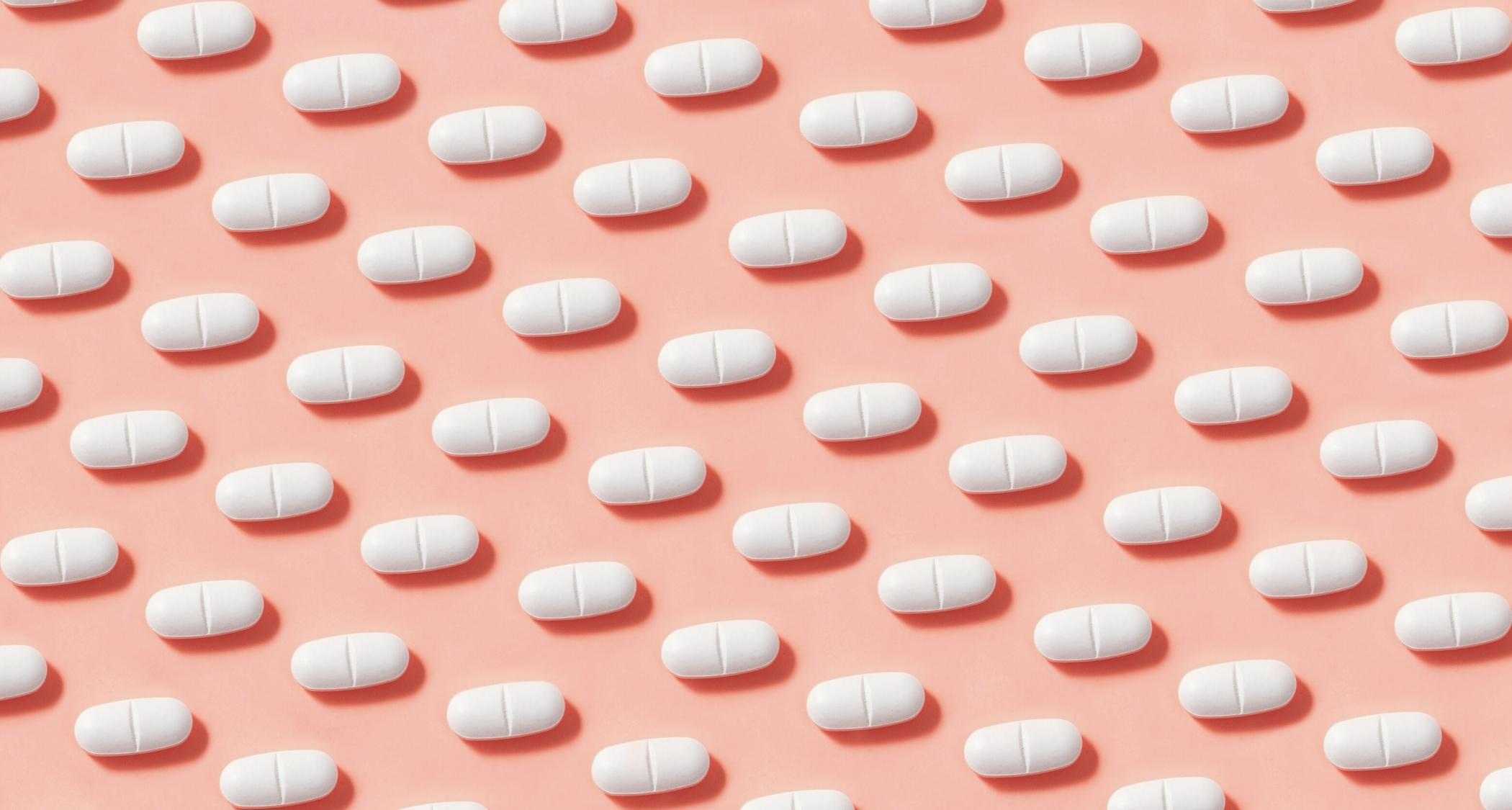
Biotin is a B vitamin that’s used primarily for hair growth. Many dermatologists say biotin works, while some say it doesn’t do much.
So, does biotin really work for hair growth? In short, yes. See why below.
Whether or not you’re into taking vitamins and nutritional supplements, you’ve most likely heard of biotin used for hair and nails. Also known as vitamin B7, or vitamin H, biotin helps the body convert proteins, fats, and carbohydrates into energy production. In recent years, biotin has become even more popular because many people claim that taking extra biotin through supplements can help slow and reverse hair loss, strengthen thinning hair, or even regrow lost hair.
Both women and men experience some sort of hair loss in their lives. Studies show that about 50% of women will experience hair loss and about 70% of men will lose hair at some point in their lives – humans are not immune to hair loss, so it’s perfectly normal to experience this. However, there are medical conditions that cause hair loss such as alopecia. The condition is estimated to affect about 30 million women in the USA alone.
If you’re experiencing hair loss, thinning, or balding, just know that biotin is one way that may help. Read on to learn more about biotin and other hair loss and thinning solutions.
See biotin before and after pictures of hair growth below.
Does Biotin Really Work for Hair Growth?
Biotin has been touted for hair regrowth, as well as a way to improve brittle nails, but does it really work for hair growth? Yes!
“We find biotin to be very helpful for hair disorders,” says dermatologist Wilma Bergfeld, MD. “It also makes nails thicker, and oral biotin is exceedingly safe, even in large doses.”
Dr. Bergfeld further explains, It’s primarily used for alopecia, the medical word for hair loss in men or women. “Biotin improves hair growth and helps with inflammation,” she says. “The hair follicle, the skin and the nails all benefit.”
One thing to be cautious of when taking biotin is that taking too much biotin, in too high doses, can change blood test results, which can be dangerous, explains Deirdre Hooper, MD, cofounder of Audubon Dermatology in New Orleans. So, don’t opt for biotin vitamins that have the highest doses – 5,000 mcg is probably too high and may do more harm than good.
How Much Biotin Should You Take?
The recommended amount of biotin you need each day depends on your age and your nutritional needs – in short, everybody is different. Newborn babies need just 5 micrograms (mcg) daily, while adults should be getting at least 30 mcg, and breastfeeding women should be getting 35 mcg or more.
Since biotin is found in many foods, Dr. Johnson explains “It would be unusual for anyone to be low in biotin”. Dr. Hooper adds, “For adults, biotin intake of 30 mcg per day is easily achieved through a well-balanced diet including biotin-containing foods, such as meat, eggs, fish, nuts, seeds, and certain vegetables like sweet potatoes, spinach, and broccoli.”
However, some people may not get the right amount of biotin or protein from their diets that their body actually needs to treat hair loss, hair thinning, or weak brittle nails. This is where biotin supplements come in.
If you’re dealing with hair loss issues, hair thinning or falling, or bald spots, consider taking a biotin supplement that also has collagen to combat these issues – like Wholy Dose’s Unflavored Superpowder, which has biotin, marine collagen, and hyaluronic acid.
Most brands with biotin for hair growth recommend taking 2,000-5,000 mcg (2-5 milligrams) of biotin each day (many supplements are sold under the name Biotin 5000 which indicates a 5,000 mcg (5 mg) dose), but this is beyond more than doctors recommend. The extra biotin shouldn’t present any health problems for most people, and no toxicity of excess biotin intake has been described.
Dr. Johnson explains, “Biotin is a B vitamin, so it is difficult to overdose on it—most people will urinate out what they do not need”. So, it’s probably best to avoid products that have these high doses of biotin. Instead, go for a biotin product that has 200-500 mcg per dose.
In rare cases, people may suffer from biotin deficiency (not enough biotin) due to a genetic error of metabolism, a bacterial imbalance in the gastrointestinal tract, or the use of certain medications, including antiepileptics—such as carbamazepine, phenytoin, and phenobarbital—and the acne treatment isotretinoin. Older adults, heavy drinkers, smokers, and malnourished children are also more likely to have low levels of biotin. Usually, symptoms of biotin deficiency are treated with a 5,000 mcg supplement regardless of the cause.
Some medications have been shown to contribute to hair loss, including certain blood pressure and cholesterol medicines, certain antidepressants, and hormone-related medication like birth control and testosterone. If you are taking any of these medications, talk with your doctor before taking biotin or stopping their use. If you can’t stop taking these medications, ask your doctor about what medications have been proven to help regrow hair.
What Are The Side Effects of Biotin Supplements?
According to the Mayo Clinic, “No side effects have been reported for biotin in amounts up to 10 mg (10,000 mcg) per day.” However, numerous websites claim that too much biotin can weaken the immune system, impact the neurological system, contribute to high blood glucose levels, and cause digestion problems or skin rashes. While these side effects are uncommon, if you are taking biotin as a supplement and notice any of these symptoms, contact a doctor.
Biotin can interfere with some blood tests (including troponin, digoxin, ferritin, testosterone, brain natriuretic peptide, and progesterone). So, it’s suggested to stop taking biotin supplements at least 72 hours before blood work is drawn so that the results are more accurate.
Best Biotin Supplement for Hair Growth
If you’ve decided to take a biotin supplement as part of your hair care regimen or to help with your hair loss and thinning issues, you may have noticed that the market is flooded with biotin supplements that all make the same claims. How can you tell which biotin supplement is the best?
If you just want biotin without any other vitamins or nutrients, look for a trusted name like Nature’s Bounty Biotin Softgels. If you’re looking for maximum hair results, look for a biotin supplement that is combined with other ingredients in a multivitamin or hair growth supplement. These supplements are aimed to boost B-vitamin levels and promote healthier hair, skin, and nails.
One of the most popular hair growth and health supplements on the market is Garden of Life’s Vitamin Code Raw B-Complex, which contains 325 mcg of biotin and other vitamins derived from raw, organic fruits and vegetables. Other popular choices for hair growth vitamins include Code Age hair vitamins (which contain 10,000 mcg of biotin and other hair-healthy ingredients), Nutrafol (which has 3,000 mcg of biotin, selenium, iodine, and vitamin C, A, and D), and Viviscal (which has 120 mcg of biotin and a proprietary marine complex of amino acids).
What is the best biotin for hair growth, though?
We recommend taking a biotin supplement that has collagen and hyaluronic acid for maximum benefits in hair growth, hair strengthening, and hair health – as well as skin, nails, immune, and other benefits. Wholy Dose’s Unflavored Superpowder is a flavorless supplement powder with marine collagen, hyaluronic acid, and biotin. Check out the results below.
HAIR LOSS & HAIR THINNING SOLUTION
BIOTIN SUPPLEMENTS WITH COLLAGEN
Biotin Supplement Before & After Pictures Hair Growth
The photos shown below are of customers who took Wholy Dose daily for at least 4-8 weeks. Wholy Dose is proudly driven and created by science backed ingredients, using a premium combination blend of biotin with collagen, hyaluronic acid, and horsetail (silica) for hair growth results. For longer lasting hair growth results, take Wholy Dose daily for up to 6-12 months for best results.
View more Wholy Dose results here.
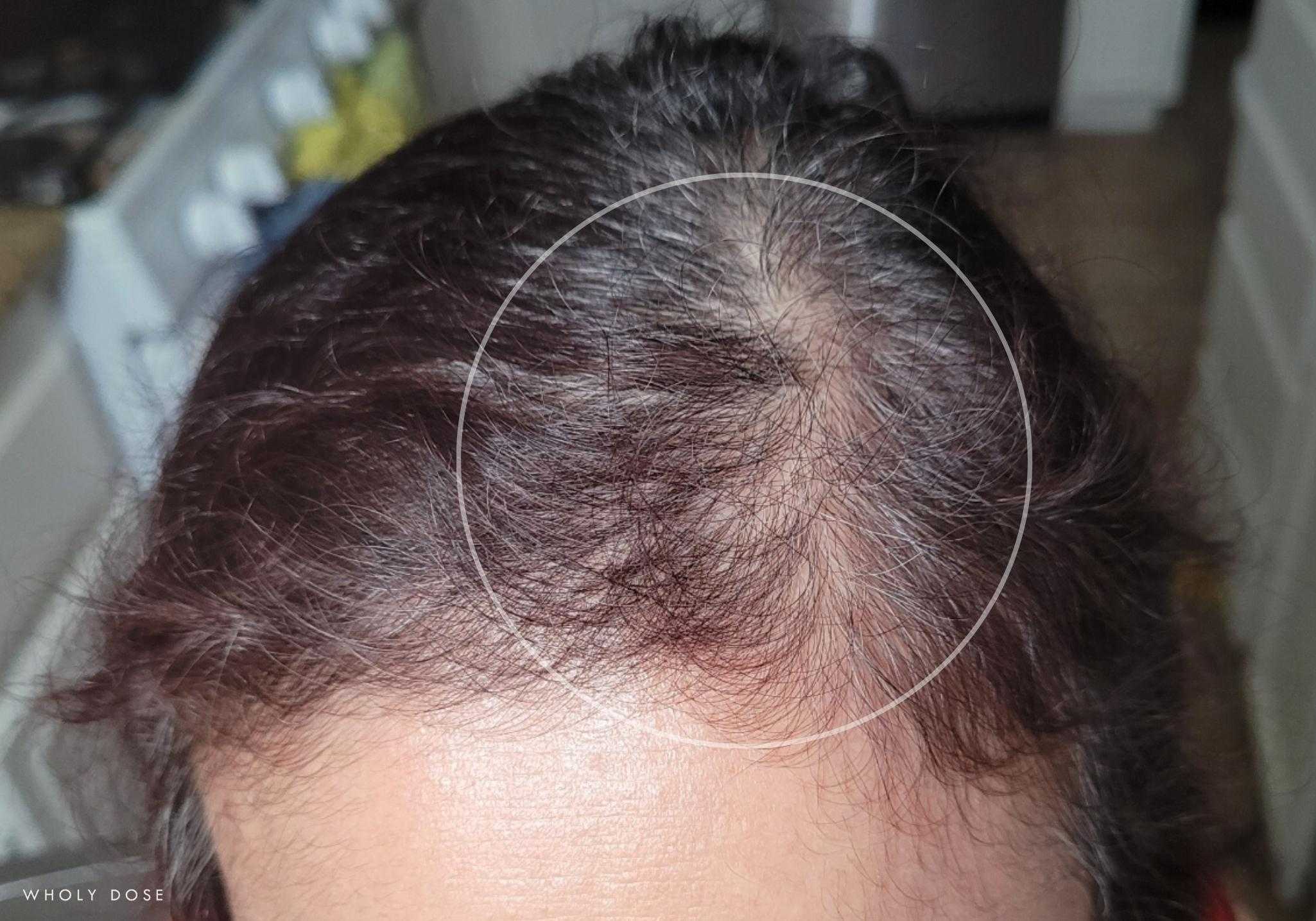
Before – Hair Loss, Hair Thinning
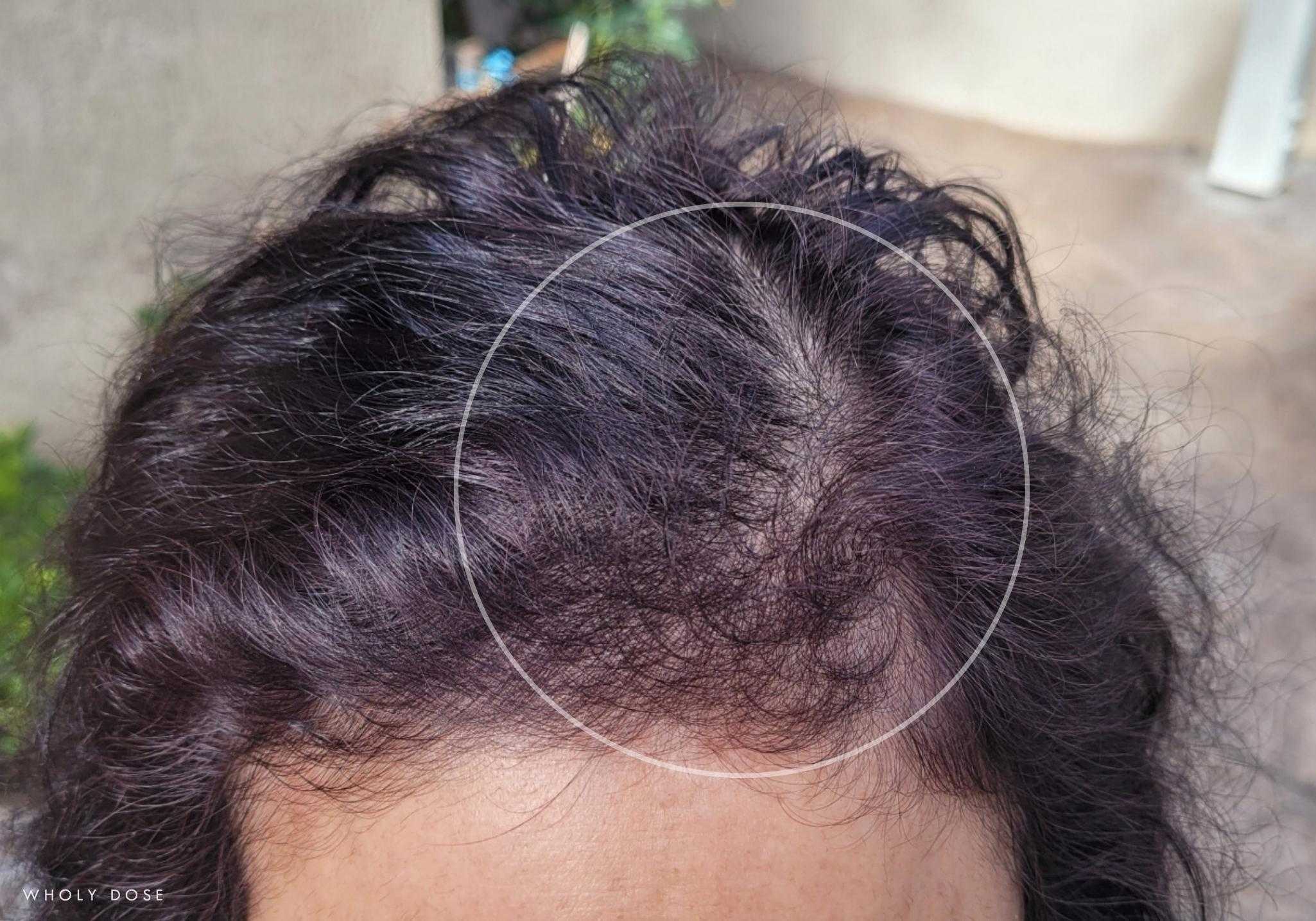
After 3 Months – Hair Growth, Thicker & Shinier Hair Growth
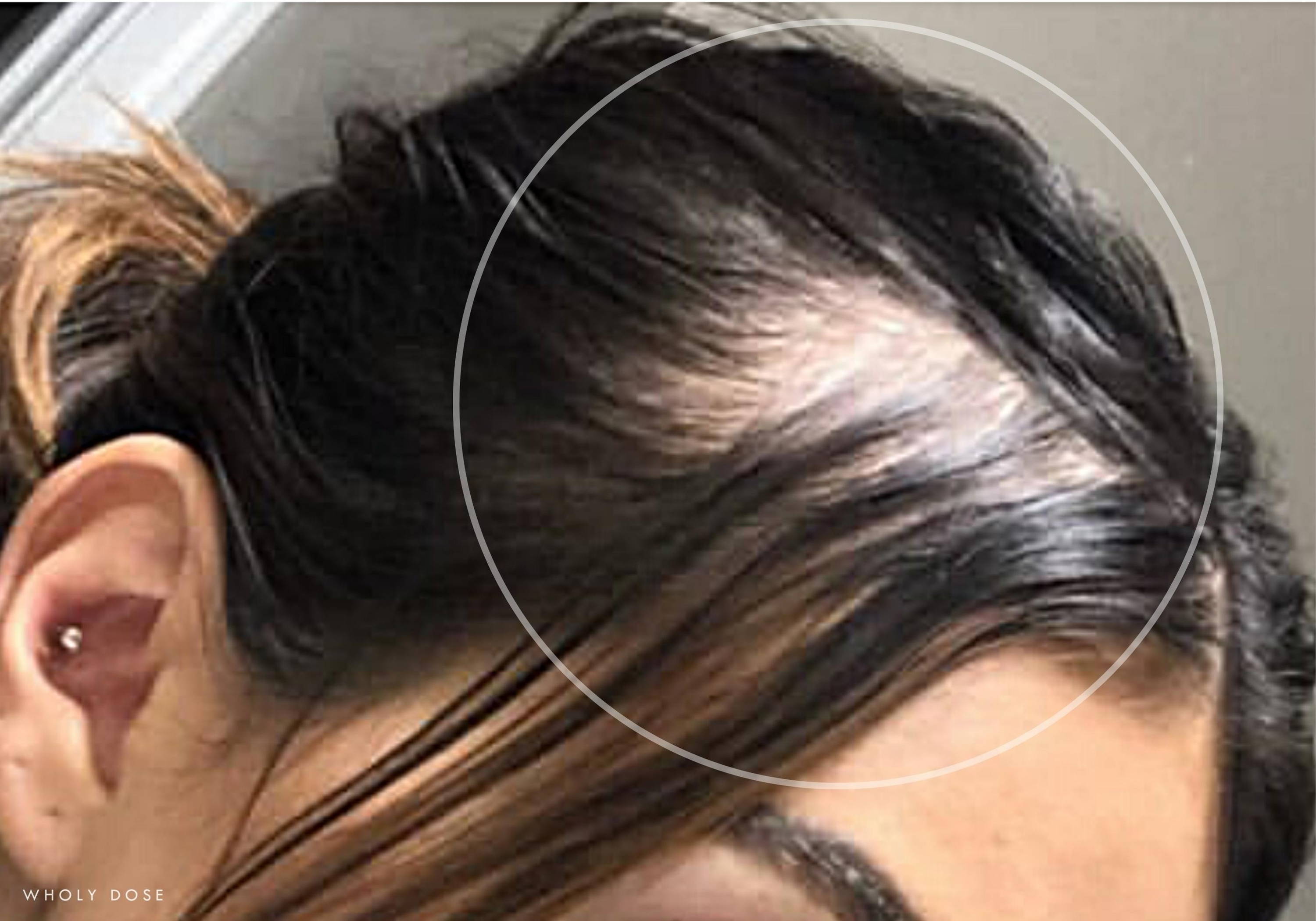
Before – Bald Spot
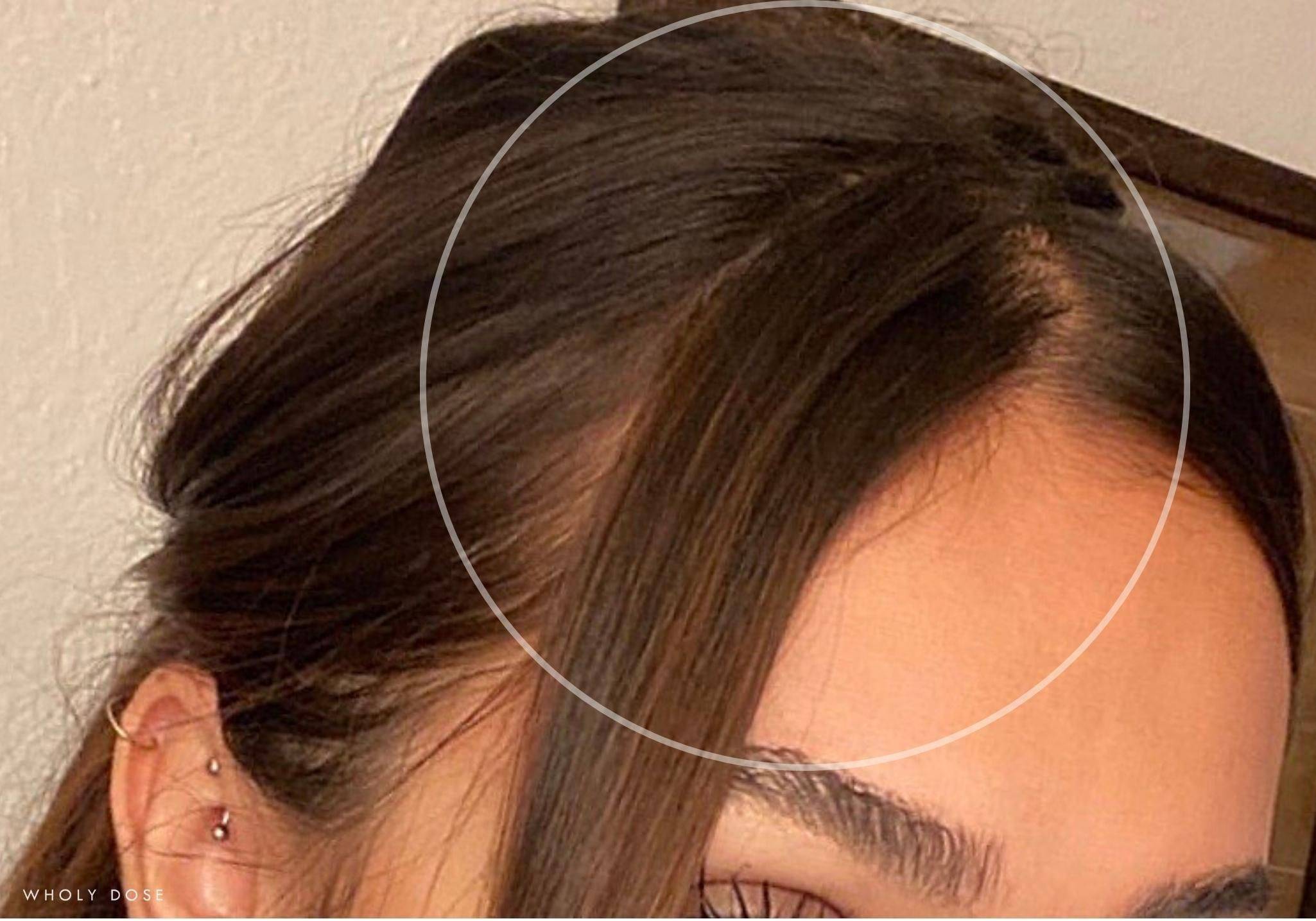
After 10 Months – Hair Regrowth
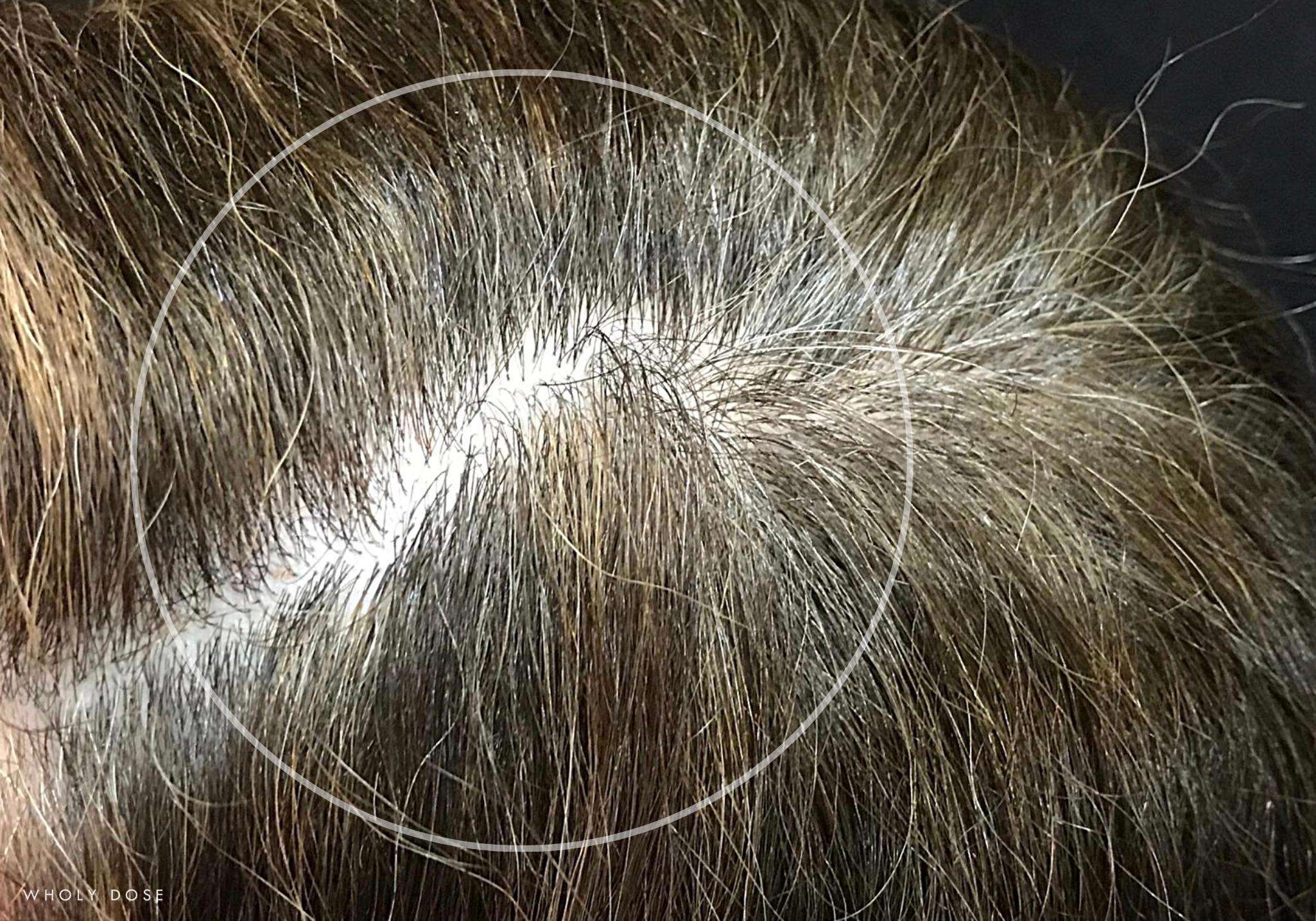
Before – Dry, Weak Hair
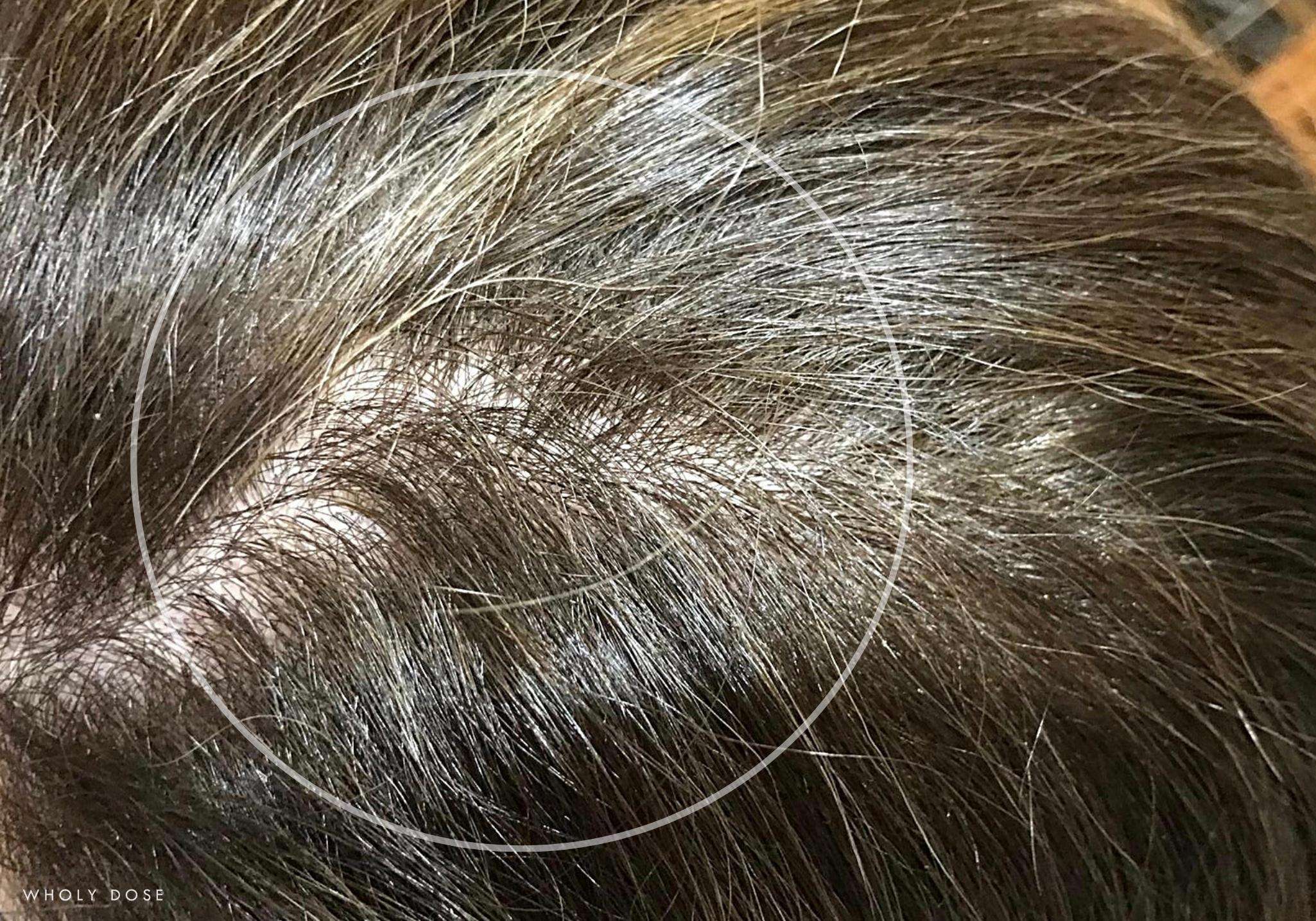
After 2 Months – More Hydrated Hair Growth
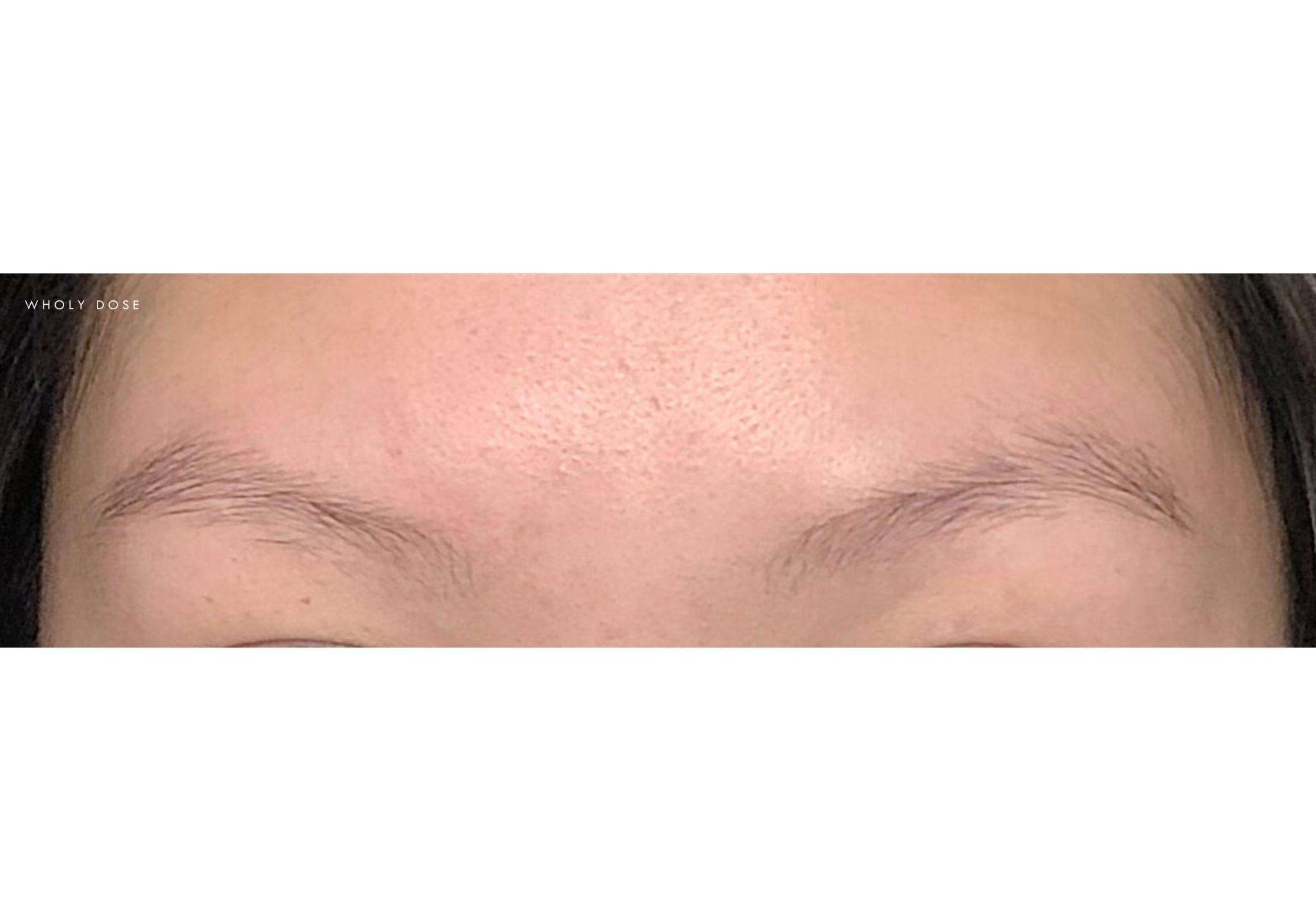
Before – Thin Eyebrows
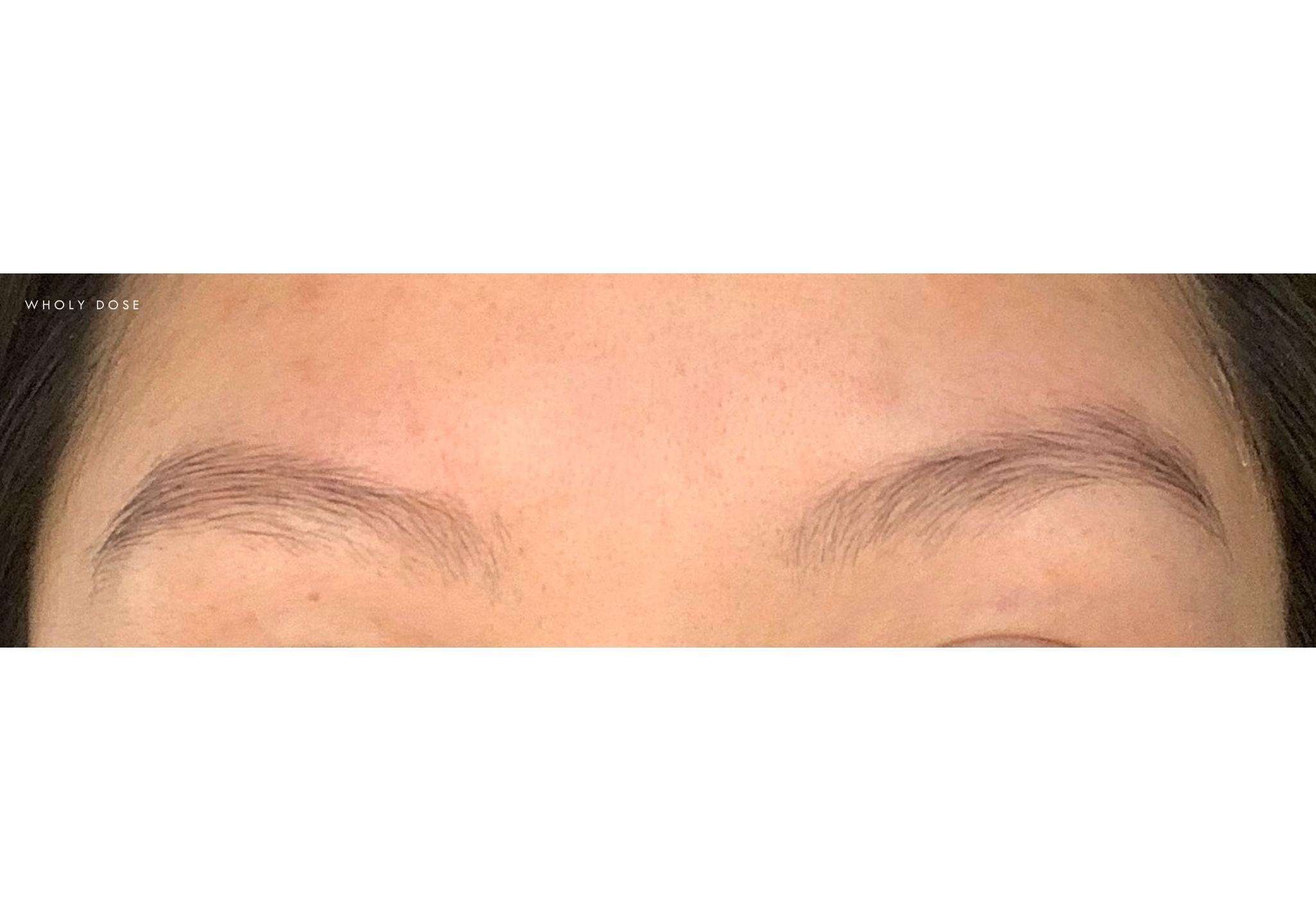
After 18 Months – Thicker Eyebrow Growth
Home Remedies for Hair Growth
Besides taking a biotin supplement, there are a number of other things you can do at home to help give you healthy hair. Perhaps the best place to start is with changes to your diet and lifestyle. Eating foods that are rich in omega-3 fatty acids like salmon, tuna, and walnuts, can improve your hair health. Blow drying your hair or using hot styling tools often is a common cause of dry, brittle hair that may lead to hair loss and falling. Eliminate cigarettes since it also causes damage to your hair.
“Avoid trauma to your hair,” Dr. Johnson advises. Do all of the things that help promote better hair health: sleep, healthy diet, hydrate.
Stress is also a common factor for hair loss issues. Try limiting your stress levels and find ways to feel more relaxed on a daily basis to avoid hair loss caused by stress. Try drinking matcha green tea to reduce stress and anxiety.
Be gentle with your hair when you brush it or style it. Pulling your hair too harshly can cause hair loss and even balding. Keep your scalp happy by massaging it gently to increase blood flow to your scalp, which can help encourage hair growth.
If no home remedies work for your hair loss, use a daily biotin supplement for at least 6 months to start seeing results. Take a biotin supplement that has collagen for optimal hair growth results, like Wholy Dose.
When to See a Doctor for Hair Loss
It’s normal to lose 100-150 hairs per day, so don’t be too stressed if you lose this amount of hair strands. If you notice significant sudden hair loss, make an appointment to see a doctor right away. Sudden hair loss can be a sign of an underlying medical condition like thyroid disease, ringworm, menopause, or pregnancy. Hair loss can also be a sign of a reaction to medication used to treat cancer, high blood pressure, arthritis, depression, or heart problems.
If you are losing your hair gradually or see more of your scalp than usual, contact a dermatologist sooner rather than later to address your concerns. Hair loss can be permanent, so the earlier you start treating it, the more likely you have better results to treat it.
“Hair loss is complex and often has a combination of causes. Your dermatologist will talk to you about how much hair you have lost, examine your scalp, skin, and nails, and possibly do blood work or a biopsy to help diagnose your issue and create a treatment plan”, says Dr. Hooper.
It’s never too late to treat hair loss. Start today.

